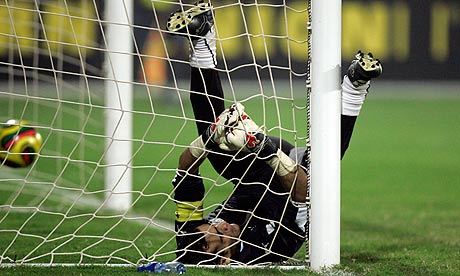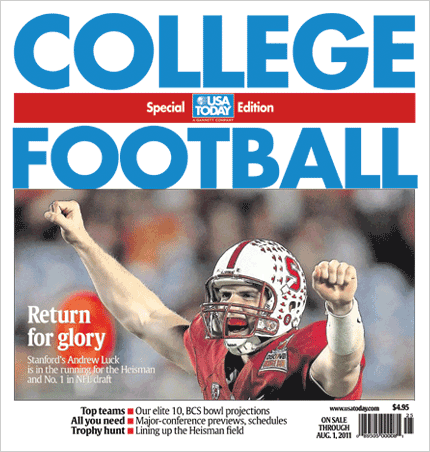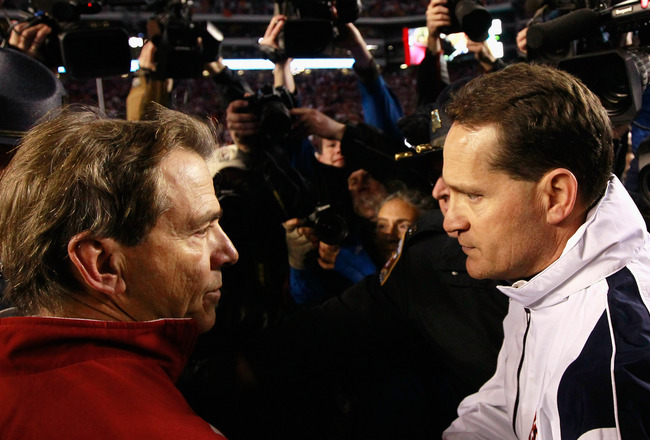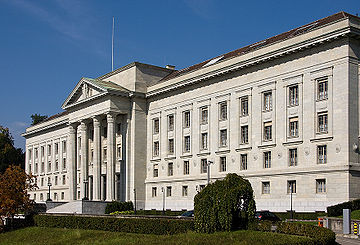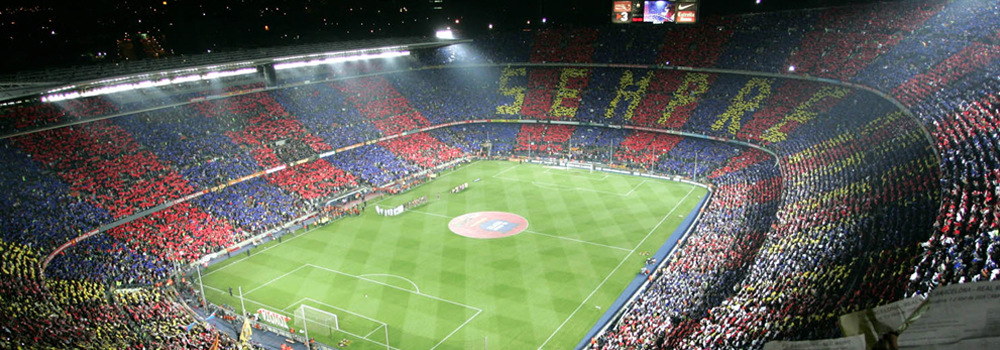I have received several comments and questions from readers (yes, there are readers!)
related to my posts earlier
this week on FIFA "Independent Good Governance Committee" and the issue of conflicts of interest. This post offers a bit of deeper background on the notion of conflict of interest and how it is managed in expert advisory processes (see also
this post). For the excerpts below, I draw on a 2009 report that I helped to write for the Bipartisan Policy Center, which covered in some depth conflicts of interest in the empanelment of expert advisory committees.
The report --
Improving the Use of Science in Regulatory Policy (
here in PDF) -- was prepared in support of the Obama Administration's efforts on "scientific integrity" which had taken a bit of a hit during the Bush Administration. The report discussed conflict of interest at length. Here are a few key points from that report extracted and placed into the form of a Q&A.
Why empanel an expert committee in the first place?
The primary purpose in appointing a committee is to gather a group of eminently qualified individuals who can have an open, engaged and comprehensive discussion of the issues before them.
What does a conflict of interest policy look like?
For conflict of interest, there must be a [clear] policy with bright lines that leaves as little doubt as possible as to who would be considered to have a conflict if they served on a particular advisory committee.
What is a conflict of interest anyway?
The US National Academy of Science uses this definition: “The term ‘conflict of interest’ means any financial or other interest which conflicts with the service of the individual because it (1) could significantly impair the individual’s objectivity or (2) could create an unfair competitive advantage for any person or organization….[Conflict] means something more than individual bias. There must be an interest, ordinarily financial, that could be directly affected by the work of the committee. Conflict of interest requirements are objective and prophylactic. They are not an assessment of one’s actual behavior or character…."
At the core of any effective COI policy is disclosure, what does that mean in practice?
Members of [expert] advisory committees should be required to disclose . . . information on relevant financial relationships and professional activities (such as giving talks at conferences and testifying in court) going back five years. Members should also be asked to disclose, to the best of their ability, any relevant professional activities that occurred more than five years prior to their committee service. Any reporting period is inherently arbitrary . . .
What information should be disclosed?
The US National Academy of Science provides a useful list: “employment relationships (including private and public sector employment and self-employment); consulting relationships (including commercial and professional consulting and service arrangements, . . . advisory board memberships and serving as an expert witness in litigation); stocks, bonds and other financial instruments and investments including partnerships; real estate investments; patents, copyrights and other intellectual property interests; commercial business ownership and investment interests; services provided in exchange for honorariums and travel expense reimbursements; research funding and other forms of research support.” Also, like the Academy, financial disclosure should cover not only the individual committee member, but “the individual’s spouse and minor children, the individual’s employer, the individual’s business partners, and others with whom the individual has substantial common financial interests…and the interests of those for whom one is acting in a fiduciary or similar capacity.”
Should those judged to have a conflict be allowed to serve on expert advisory committees?
The desired norm . . . should be to appoint advisory committees whose members are free of conflicts of interest. (Relevant experts who have conflicts could still make presentations to a panel.)
Can exceptions be made to this "general norm"?
There will be instances, though, when [experts] with conflicts of interest may be needed for a panel because of their expertise. . .
When a waiver is granted, the agency should publicly state that the appointee has a conflict and should provide enough information that the public and the other committee members understand what kinds of efforts were made to find a nonconflicted individual, how and why the appointed individual was considered to be conflicted, and why the individual was appointed nonetheless, as well as disclosing who signed off on the waiver.
How often should such a waiver be granted? What about the committee chair?
Agencies should not appoint anyone with a conflict to serve as the chair or co-chair of a committee. And agencies should limit the issuing of conflict waivers to ensure that individuals with conflicts do not generally constitute more than a small percentage of the membership of a committee.
The Obama Administration has not yet fully implemented our recommendations for federal expert advisory committees, leaving in place a mishmash of policies in different agencies. The recommendations of the BPC are nonetheless recommended as best practices in the mamangement of conflicts of interest.
FIFA may or may not wish to employ a conflict of interest policy to support the credibility and legitimacy of its expert advisory processes. However, when operating without a conflict of interest policy or flouting well understood conventions, FIFA should not be surprised to find its advisory process under scrutiny, challenged and even viewed as illegitimate or worse.
One point seems abundantly clear -- if "trust us, we're experts" does not work for leading scientists around the world, it is surely not going to work for an organization with a reputation (whether deserved or not) for shoddy governance and essentially no experience in soliciting independent expert advice.
The reputational risks in play here are not just for FIFA (whose reputation probably cannot get worse) or the FIFA"Independent Good Governance Committee" (which will be taken seriously or it won't), but also for the individuals on the committee, including its chair.
